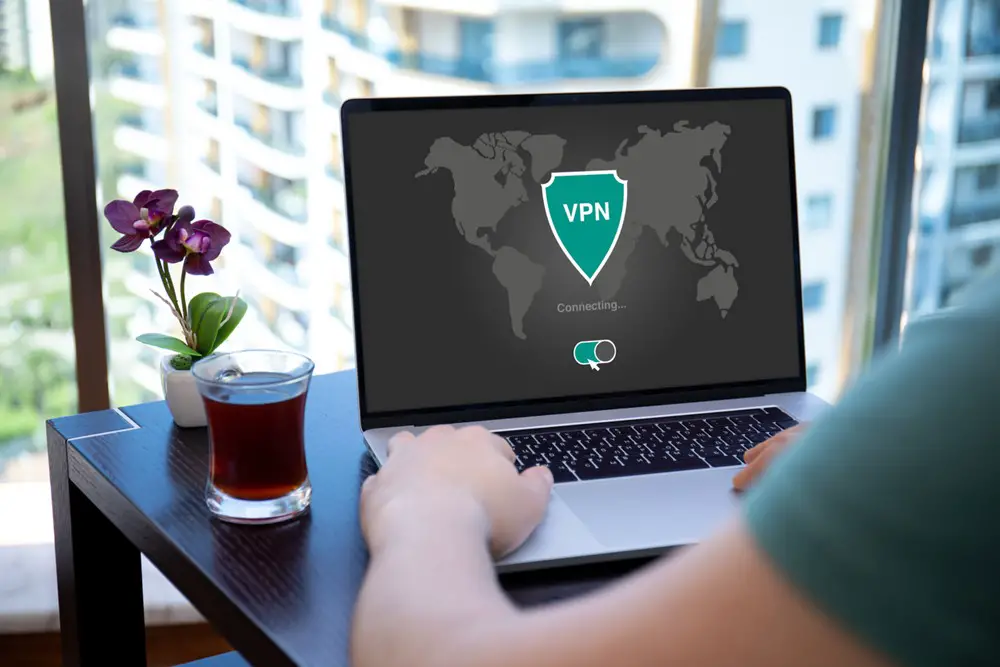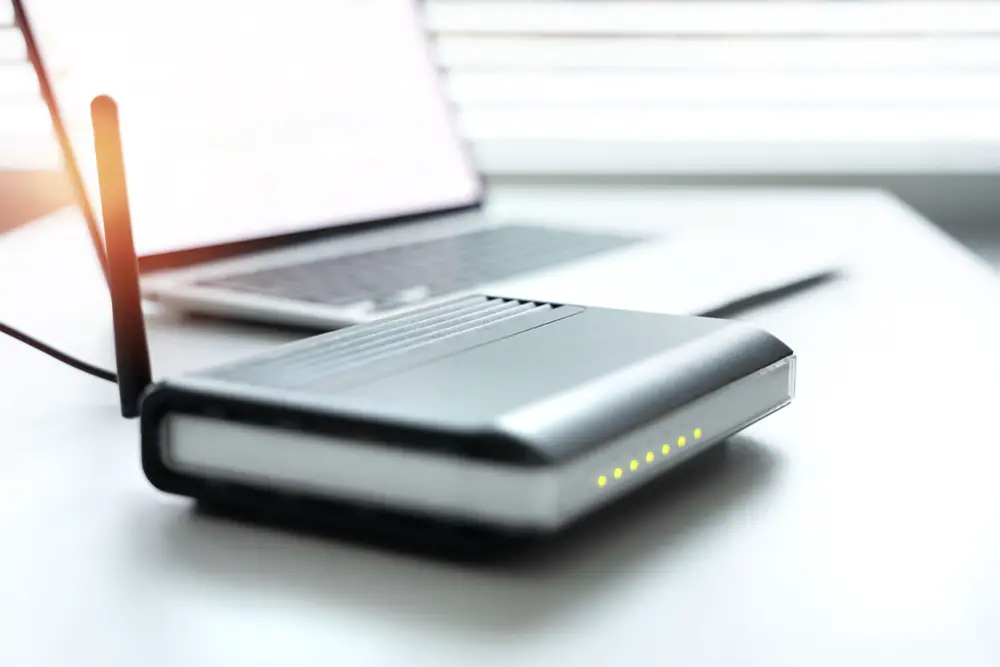Virtual Private Networks, or VPNs, are already established as one of the best software tools for online security. However, not everyone knows how to set up VPN on their home network. Doing so can add an extra layer of protection to your internet connection. Since you’ve found your way to this article, you’re already a step closer to having a more secure home network by learning how to set up VPN on home network.

Is It Possible to Install VPN on My Home Network?
If you’re talking about having VPN for your entire network and not just on one device, the answer is yes, it is possible. You can achieve this by configuring your router to connect to a VPN instead of simply using it on a specific device like your laptop or computer. The main reason individuals do this is to secure all the devices connected to the home network simultaneously.
For others, they use it to bypass geo-restrictions whenever they watch their favorite shows and movies on specific streaming services like Netflix, Disney+, Sling TV, Amazon Prime, and more. It’s also important to note that not all standard routers and modems can support VPNs, so you have to look for a VPN router before you can do this.
Read also: 15 Benefits of Using a VPN – Enhancing Your Online Experience
What Is a VPN Router?
A VPN router is a specialized router that includes built-in support for VPN connections. Unlike standard routers, which typically handle network traffic without encryption, a VPN router is designed to encrypt and route all internet traffic through a VPN server, providing a secure and private connection for all devices connected to the home network.
If you haven’t upgraded from a standard router to a VPN-supported one yet, you have many options available for purchase on Amazon.
[Disclosure: As an Amazon Associate, we earn from qualifying purchases. When you purchase through links on our site, we may earn an affiliate commission at no extra cost to you]

How to Set Up VPN on Your Home Network
Once you already have a VPN router, the entire process will be a breeze. Regardless if you’re planning to use your VPN for other reasons like gaming or streaming various TV shows on streaming services like HBO Max, Go Latino TV, and Hulu or just purely for added security, here’s a quick guide on how you can use your VPN on your router:
Step 1: Login to Your Router’s Settings
The first step is to type your router’s IP address into your browser. You need to know your router’s IP address beforehand. Once you’ve successfully found your router’s IP address and entered it into your browser, you will see a login page where you can enter your login credentials.
Step 2: Locate the VPN Tab
This usually varies depending on your router’s manufacturer, but it’s easy to spot. Look for terms like VPN Client, WAN, or Security to find the appropriate settings. It’s usually under the advanced settings section. Then, enable the VPN service option if it’s yet activated.
Step 3: Setup Your VPN
There are different ways to integrate the software in your router, but the specific steps may vary depending on your chosen VPN. It is advisable to check your VPN’s website instead for the specific steps. For instance, NordVPN has a specific page dedicated to the step-by-step guide depending on your router’s brand.
Step 4: Save and Apply Settings
After configuring the VPN settings, save and apply the changes. This step is crucial for the router to implement the new VPN configuration. Depending on your router model, you might need to reboot your router to ensure that the changes take effect.
Step 5: Test the VPN Connection
To ensure that everything is functioning correctly, perform a quick test by accessing websites that display your IP address. Confirm that the IP address shown corresponds to the location of the VPN server you selected. This step helps verify that your internet traffic is indeed routed through the VPN.
Do VPNs Make a Difference on My Network’s Speed?

Yes, the use of a VPN can have an impact on your network’s speed. However, it depends on several factors, such as the VPN service you choose, the distance to the VPN server, and the overall performance of your internet connection. In most cases, if you’re using a not-so-reliable VPN, you will significantly notice the latency or the slowdown of your internet connection. But if you opt for a reputable one, you won’t notice it as much.
So for example, if you’re browsing the web to choose between different DISH TV packages, you’ll notice that the loading speed of web pages might be slightly affected when using a VPN. You might also notice it whenever you’re doing activities that require a fast and stable connection, such as online gaming or high-definition video streaming.
Does Using a VPN on My Home Network Make Me Anonymous?
No, a VPN does not make you completely anonymous online. While a VPN enhances your privacy and security, it doesn’t make you entirely untraceable. And even if it did to some extent, don’t think of it as a free pass to do illegal stuff. Also, even though some VPN providers claim no-log policies, they might still collect data without your knowledge or permission. That’s why it’s important to choose a reputable VPN.
So when you’re choosing a VPN for your home network, make sure to perform in-depth research, read reviews, and ask for recommendations from your friends or family. It can make a big difference, especially now that some of our most important information is stored online, like your banking details (if you have online banking.)
Read also: 15 Effective Tips for How to Stay Anonymous Online
Final Thoughts
Using a VPN for your home network can definitely provide numerous benefits, especially when it comes to online security. However, you should always keep in mind that it only counts if you choose a reputable VPN provider. Otherwise, you might be putting your privacy at risk. Now that you have the right knowledge to use VPN on your home network, you’ll be able to sleep at night safe and sound knowing your entire network is safe and secure.
